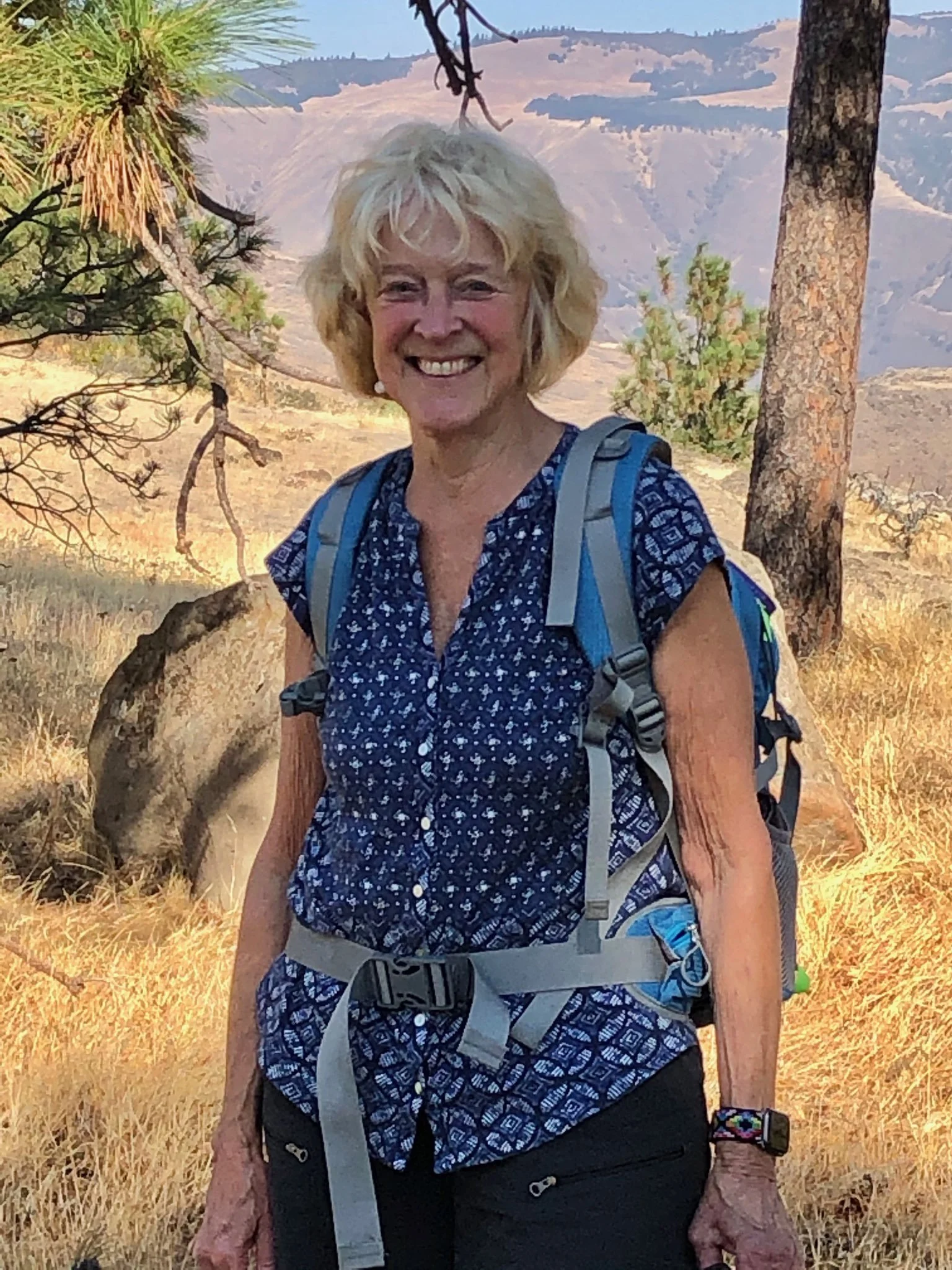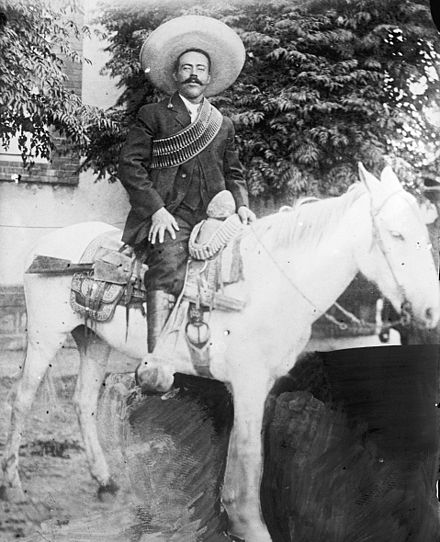Column: Running Down the Truth with Pancho Villa
By Nancy Turner
Nancy Turner in her happy place
Every day there is horrible, alarming, overwhelming, awful news around the globe. But, there are many good happening every day as well. Positive events don't get the same coverage, except here in the CCCNews.
The writers of this news source have their fingers on the pulse of life in the gorge. Newspapers are failing around the country. Not this one. I write this column to support this “paper”.
No trees were harmed in its making. Tell your friends. They too can sign up for informative, educational and inspirational articles.
I found myself perplexed lately by the contentious issue in The Dalles of where to open a shelter for the houseless. I strongly believe we need to take care of disenfranchised citizens.
Some are drug addicts or mentally ill, and some are simply down on their luck due to losing a job, a health crisis, or other distressing circumstances.
These people need to reside close enough to the center of town so they can walk to stores. I believe in helping my neighbors. All religions teach people to love one another. But do I want these people in my backyard?
I understand the concerns expressed by business owners. There might be scary people wandering the streets nearby. There might be garbage and needles carelessly flung around. The shop owners fear they will be negatively impacted with a housing center established next door.
I get this. There are no easy answers here.
I experience this sort of dilemma often. When I am able to empathize with both sides of an issue, I realize how complex some decisions really are.
At times there's no right answer.
Most things aren't 100% positive or 100% negative. More often than I like to admit I bump up against my prejudices or beliefs that I mistook for fact.
A friend of mine, a snowbird from Mosier, is vacationing in Arizona. She recently wrote to me that she is exploring the Chihuahua desert in the northern central part of Mexico. She wrote that the Chihuahua desert is characterized by grasslands, thorn bush, tree-yucca and mesquite. Cattle country. In the 1800s and early 1900s, rich Mexicans and foreigners owned the land deeded to them by the Spaniards.
Ordinary people owned nothing. Finally the landless poor revolted. They were victorious thanks in large part to the inspiration and leadership of Francisco “Pancho” Villa.
Francisco “Pancho” Villa
The meaning of the nickname “Pancho” is “Free”. He was one of the fiercest guerrilla fighters against Mexican President Porfirio Diaz. The revolution lasted from 1910 to 1917.
I have long admired what Pancho accomplished. In fact, to honor him, years ago I named one of my cats Pancho.
Yet, I also have another take on what happened in Chihuahua during the revolution. My grandmother Turner grew up in Chihuahua. Given her skin tone, it's possible her mother was of Mexican heritage or mestizo, meaning a person of Spanish and Indigenous descent. Her father was an American doctor. She told me many stories about her life there. She loved riding horses and was quite annoyed that she was forbidden to wear pants. She was the eldest of six daughters. They mingled with the poor and spoke Spanish fluently. Her father owned a ranch and provided housing, food, medical care and education for everyone who worked for him. He also gave free medical attention to indigenous people living nearby. He was a kind man, but this made no difference to Pancho Villa. Dr. Flanagan's benevolence toward the poor was irrelevant. As far as Pancho Villa was concerned, the doctor was a wealthy landowner who should be killed and his land returned to the landless poor people.
As Pancho Villa and his band of five hundred men approached their town, the Flanagans were alerted by friends. They fled by train even though sometimes other trains had been stopped and everyone murdered. Grammy said her family lay flat on the floor of a boxcar while bullets whizzed by overhead. She showed me photos framed by the doors of the boxcar, of dead bodies lying in the dusty road.
The family eventually made their way to Los Angeles. She studied to become a nurse, as did her younger sister, Eva. After WWI ended, Grammy ended up going to Santiago, Chile, to work in a hospital. That's where she met her future husband, my grandfather.
You can see my torn loyalties. I agree with the passion and mission of the revolution. Indigenous people deserved to have land stolen by the Spaniards returned to them. And I know my ancestors did not deserve to be run out of town. They were kind, generous people.
How do I reconcile these divergent perspectives? It's not easy to carry two opposing truths.
It would be easier if the truth was this way or that way, so I could take sides. There's comfort in knowing one truth, one reality. What if the truth is a contradiction? The best I can do is land in the middle. It's not easy. There's an uneasy tension when you can't reconcile conflicting views of a situation, whether it's where to house the houseless or the impact of a revolution.
Ultimately I have to embrace two realities. Maybe there's not one truth but many.
I can say with certainty, without any contradiction, that I am mighty glad my Grammy and her family made it out alive. Gracias a Dios. Maybe this is why I love studying Spanish and traveling in Mexico. It's in my blood. Even my dog Pippin is bilingual. He understands both English and Spanish, though he doesn't speak either one very well.
Pippin. He’s bilingual but a little prickly at times. Coyotes beware!



